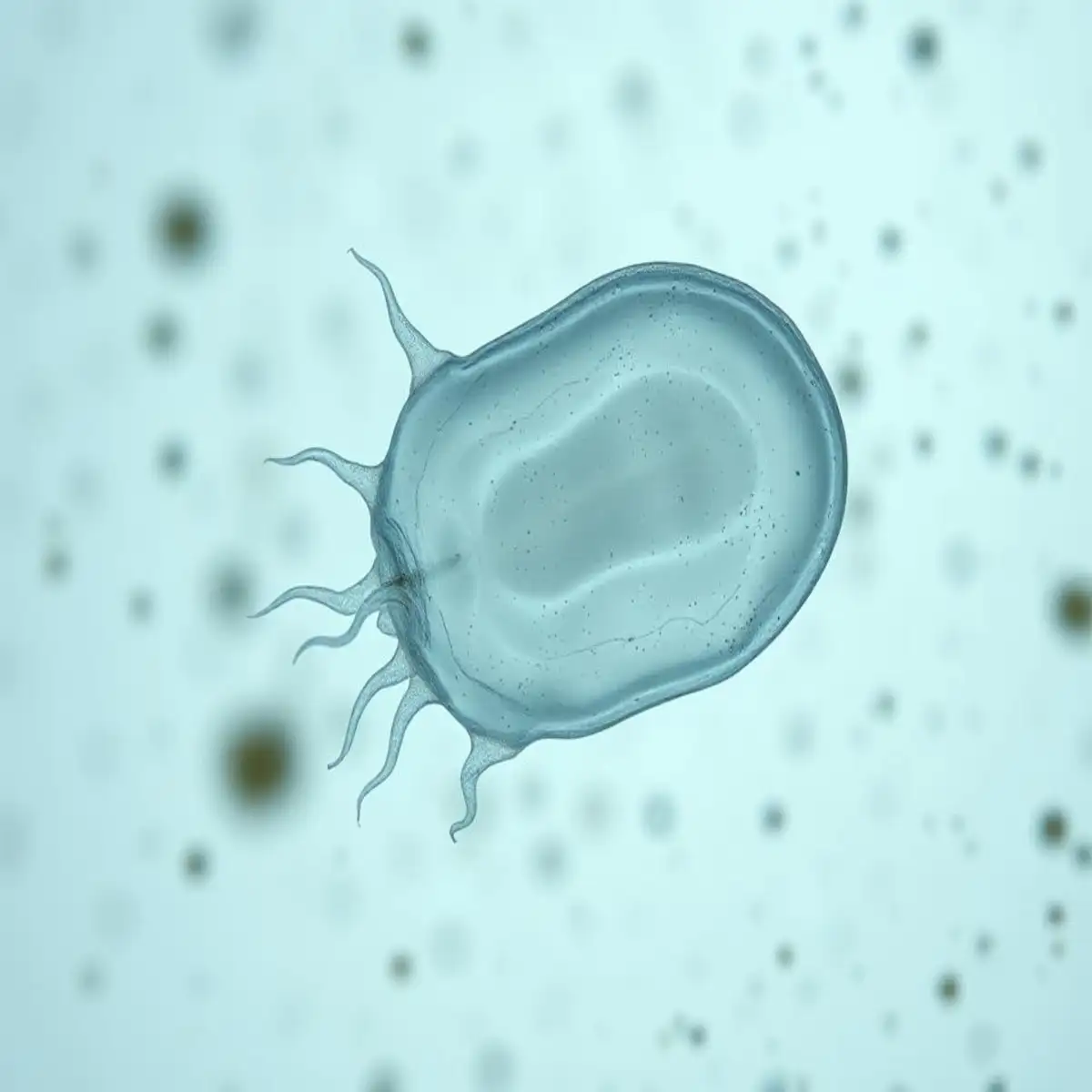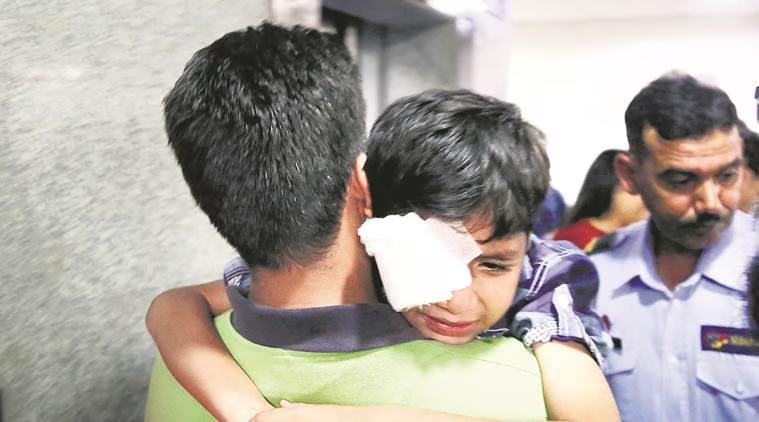Now Reading: Kerala Reports 69 Cases, 19 Deaths from Brain-Eating Amoeba: Why Experts Urge Caution
-
01
Kerala Reports 69 Cases, 19 Deaths from Brain-Eating Amoeba: Why Experts Urge Caution
Kerala Reports 69 Cases, 19 Deaths from Brain-Eating Amoeba: Why Experts Urge Caution

Kerala is facing a serious health scare with 69 confirmed cases and 19 deaths caused by Naegleria fowleri, commonly known as the brain-eating amoeba. Unlike past outbreaks linked to a single water source, these cases are scattered, making control and prevention much more difficult. Health officials are stressing the importance of water safety and public awareness, as treatment options remain limited and outcomes are often fatal.
Naegleria fowleri is a microscopic organism found in warm freshwater bodies like ponds, lakes, and rivers. The amoeba enters the body through the nose, usually while swimming or bathing, and travels to the brain. It causes a rare but deadly infection called Primary Amoebic Meningoencephalitis (PAM). The infection is not contagious from person to person, and it cannot survive in saltwater, but once it infects, survival chances are extremely low.
Symptoms usually appear within a week of exposure. They include severe headache, fever, nausea, vomiting, stiff neck, seizures, and confusion. Since these signs mimic other brain infections, diagnosis is often delayed, reducing chances of recovery. Even with treatments like the anti-parasitic drug miltefosine, the fatality rate remains high.
Health experts advise avoiding swimming in stagnant or warm freshwater, ensuring water tanks are cleaned and chlorinated, and seeking immediate medical help if symptoms appear after exposure. These steps are particularly important in smaller towns and rural areas, where open water bodies are frequently used for daily activities.
The rise in cases shows how climate conditions and water practices can create risks. For Tier-2 and Tier-3 cities, where local ponds and rivers remain central to community life, the outbreak is a reminder that basic hygiene and awareness are key to safety.
The Kerala outbreak highlights both the dangers of neglected water safety and the need for stronger public health responses. While treatment advances may come in the future, for now prevention remains the most effective defense against this deadly infection.

























